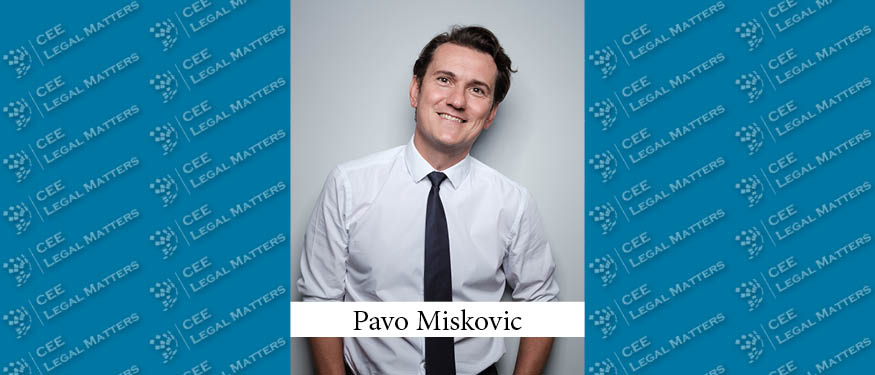Nothing worse than something spoiling your party. Croatia had a perfect tourism season, with plenty of guests staying at hotels, resorts, camps, or yachts. Other industries are doing great as well. On top of everything – Croatia is admitted to the eurozone as of January 2023, and the National Bank reduced the required reserve ratio and abolished the minimum foreign currency liquidity, strongly increasing banks’ cash resources! Everything was ready for a 2023 party – plenty of funds within the banks, industry in its upward trend, the real estate sector developing, new unicorns ahead of us – it seemed like financing possibilities would be all around, with low interest rates and plenty of opportunities!
But the geopolitical situation produced a 2022 buzzword – inflation. Hitting its decade’s time high like it’s climbing Everest, combined with the unimaginable increase in energy prices, is spoiling what should have been a great party. Yes, no-interest loans aren’t realistic, but we hoped for at least a few years of “cheap money” in our long-awaited eurozone status. And we’ve spent on that party approximately EUR 300 million. Or invested.
OK, the party is not canceled, since the Croatian banking sector is well capitalized without any liquidity issues, even above the EU average, and it is also very mature. The commercial banking market is dominated by systemically important EU-based banks. The National Bank has historically imposed measures that resulted in banks’ capital levels substantially above their EU peers (and owners). Moreover, despite Ms. Inflation (or maybe Mr.?), lending activity in Croatia is increasing compared to 2021 on a half-year basis, by 8.7%, and predominantly in a corporate sector where focus is mostly on working capital financing, which emerged as a consequence of increased inputs and energy prices. However, project financing in the real estate and hospitality sector, logistics, and FMCG appears to be growing as well. It is expected that levels of financing will continue to grow but only up to the point of the visible economic slowdown.
One of the spoilers was Sberbank – sanctions imposed against Russia were likely to cause a “bank run”, i.e., Sberbank was likely to fail due to a rapid deterioration in its liquidity situation. The superman of the banking union, the Single Resolution Board, applied suspension of payments, enforcement, and termination rights, known as a moratorium, to Croatia’s Sberbank, and all shares of the local Sberbank were transferred to Hrvatska Postanska Banka. This decision has been adopted to ensure financial stability, avoid economic disruptions, and protect the public interest and clients. Once again, banking superman showcased its superhuman powers to full effect!
In case you still intend to join the party, tickets might be cheaper than in the EU – mostly because Croatia is entering the eurozone and, due to the measures of the central bank, Croatia should experience more modest interest rate increases.
As reference rates are increasing, commercial banks may get pressured by alternative financing competitors, which is also an opportunity for the expansion of Croatia’s financial sector.
Too many people can ruin a party – in an environment of increasing lending activity with so many spoilers, the risks for banks’ operations are growing. Increases in the share of IFRS Stage 2 loans indicate the beginning of deterioration of loan portfolio quality. Further increases in the price of energy sources and the complex geo-political situation might result in the increase of NPLs and new portfolio sales in the first half of 2024.
Nobody knows what the 2023 party will look like, but it is for sure going to be interesting. The question is whether fintech companies would also be allowed to join. So far, they have been left aside, but they increase their market share in the PSD2 playground every day, and we can see them polishing their shoes for the dance.
Finally, the party will never be a blast if engaged and trusted personnel aren’t there to analyze, estimate each guest’s capacities and offer them a suitable menu, and, at the end, clean up everything. So, the question is whether banks are still able to attract top talents and keep top performers – or is the party boring, and are those talents and performers looking to join someone else’s party? The bittersweet symphony is already playing.
By Pavo Miskovic, Partner, Miskovic & Miskovic
This article was originally published in Issue 9.11 of the CEE Legal Matters Magazine. If you would like to receive a hard copy of the magazine, you can subscribe here.
















